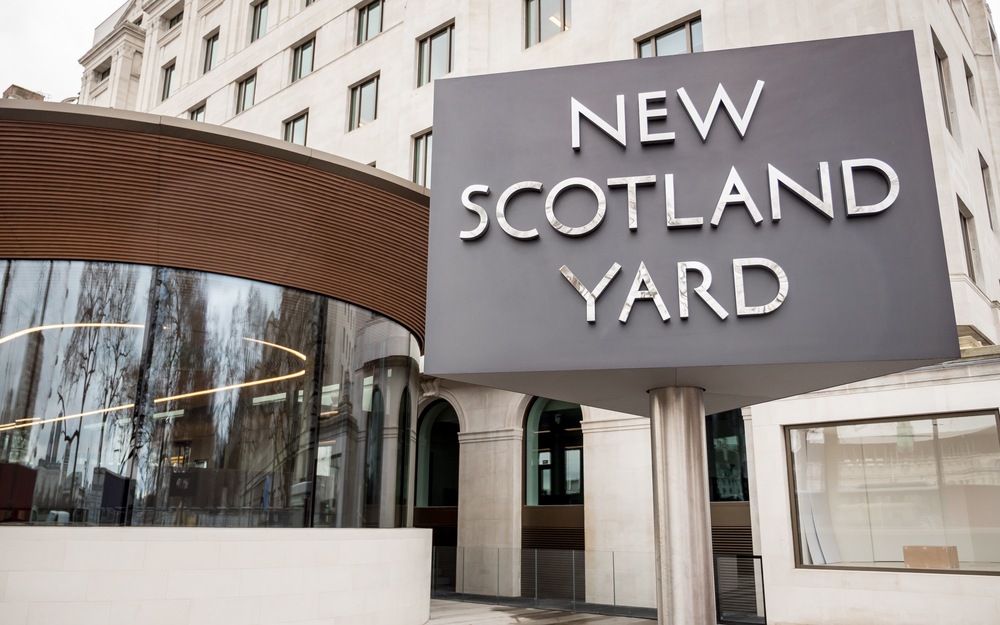A new operation has been launched by the Police to help convict those who assault NHS staff. Known as Operation Cavell, the initiative will see a senior officer review all reports of assaults and hate crime against NHS staff.
Following a three-month pilot, the NHS, Metropolitan Police and Crown Prosecution Service have been working in partnership to launch the scheme today (Wednesday, 31st March) which aims to increase convictions and protect NHS staff on the frontline.
As well as senior police officer involvement, senior welfare and support staff within the NHS will be brought on board to help those who have been a victim of such crimes.
A pilot scheme took place across five London boroughs between October 2020 and January 2021. The pilot looked at 63 investigations and had a 26.45% charge rate. Before the operation, over a three-month period, 30 NHS and London Ambulance Service assaults were recorded and revealed only 6.6% resulted in a charge.
One of the biggest challenges officers and NHS staff face is that many NHS workers feel being assaulted is “part of the job”. Prior to the pilot, 50% of NHS staff in London who were assaulted would not support an investigation whereas the last three months has seen that number drop to 25%.
Chief Inspector Luke Mooney, from the MPS, who led the pilot, said: “We are determined to make sure our NHS staff feel confident to report assaults or hate crime. There is no place in society for such abuse. Operation Cavell, in partnership with CPS, will be focussed on ensuring offenders are brought to justice in line with assault on emergency worker legislation.
“Over the past three months alone, NHS and [London Ambulance Service] colleagues have been punched, kicked, spat at, urinated on, strangled, thrown across a room, had faeces thrown on them and been racially abused.
“[Operation] Cavell was launched to change this during a time where the NHS are facing pressures like never before during the Covid-19 pandemic.”





